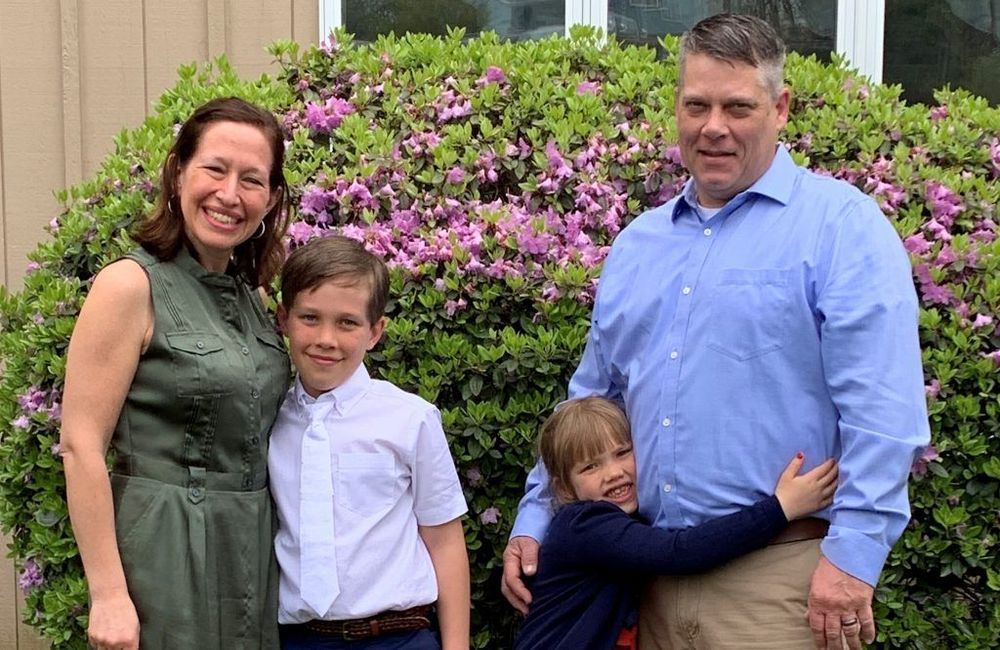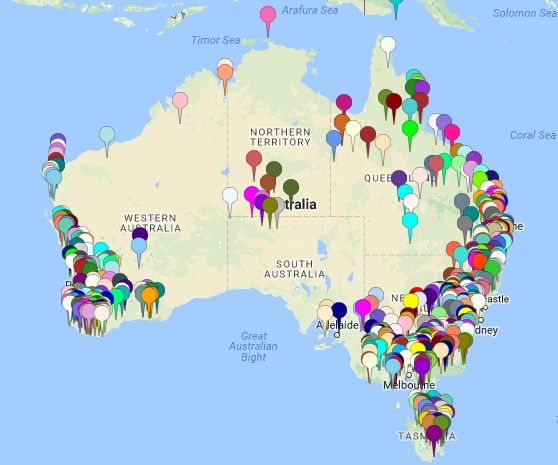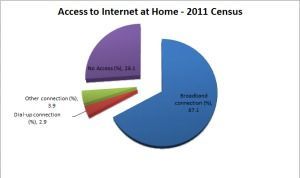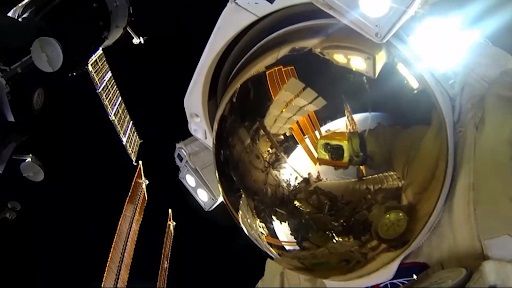In first-of-their-kind observations in the human brain, an international team of researchers has revealed two well-known neurochemicals–dopamine and serotonin–are at work at sub-second speeds to shape how people perceive the world and take action based on their perception.
Furthermore, the neurochemicals appear to integrate people’s perceptions of the world with their actions, indicating dopamine and serotonin have far more expansive roles in the human nervous system than previously known.
Known as neuromodulators, dopamine and serotonin have traditionally been linked to reward processing–how good or how bad people perceive an outcome to be after taking an action.
The study online today in the journal *Neuron* opens the door to a deeper understanding of an expanded role for these systems and their roles in human health.
“An enormous number of people throughout the world are taking pharmaceutical compounds to perturb the dopamine and serotonin transmitter systems to change their behavior and mental health,” said P. Read Montague, senior author of the study and a professor and director of the Center for Human Neuroscience Research and the Human Neuroimaging Laboratory at the Fralin Biomedical Research Institute at Virginia Tech Carilion. “For the first time, moment-to-moment activity in these systems has been measured and determined to be involved in perception and cognitive capacities. These neurotransmitters are simultaneously acting and integrating activity across vastly different time and space scales than anyone expected.”
…
“These neuromodulators play a much broader role in supporting human behavior and thought, and in particular they are involved in how we process the outside world,” Bang said. “For example, if you move through a room and the lights are off, you move differently because you’re uncertain about where objects are. Our work suggests these neuromodulators–serotonin in particular– are playing a role in signaling how uncertain we are about the outside environment.”









